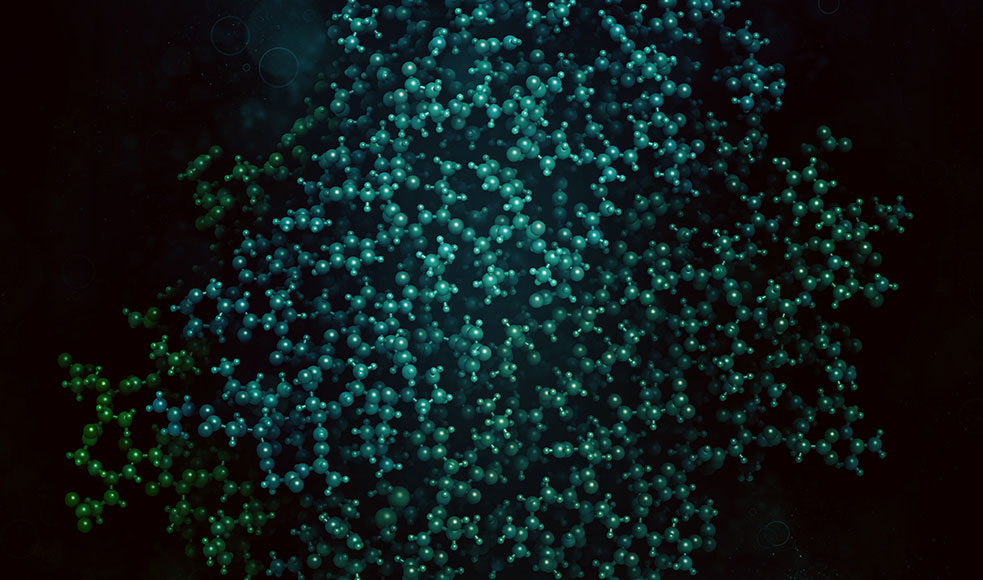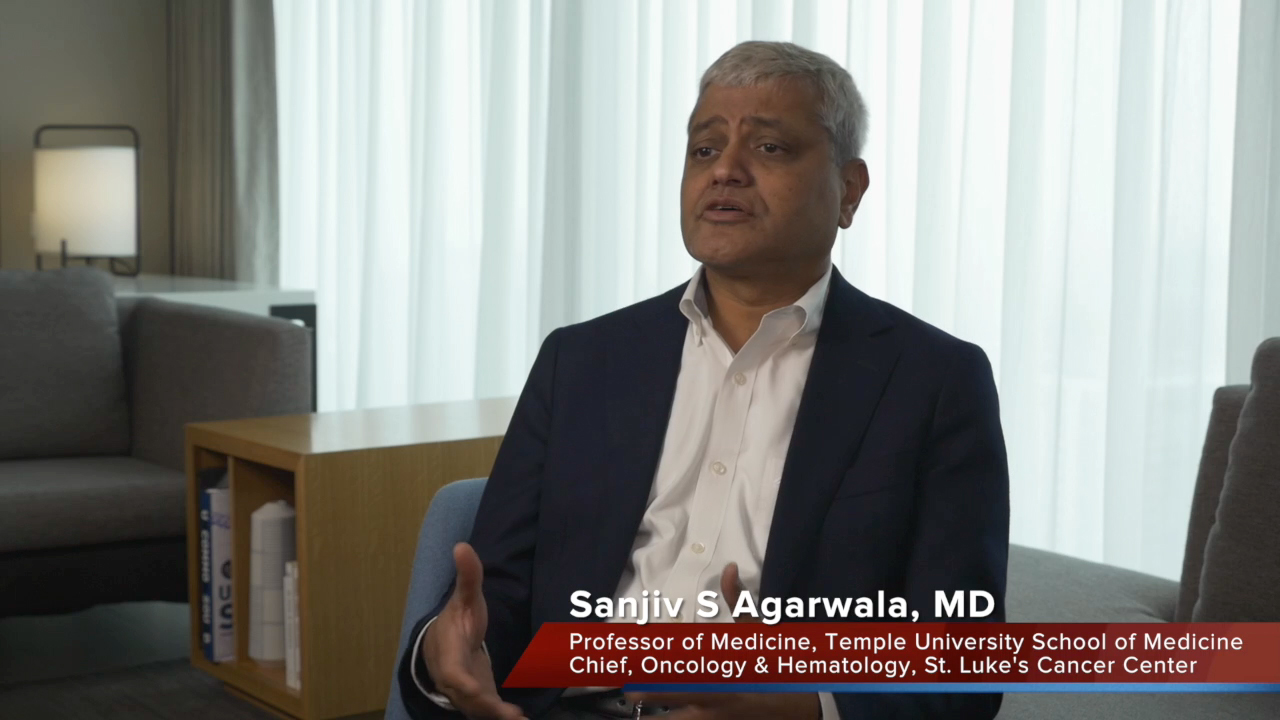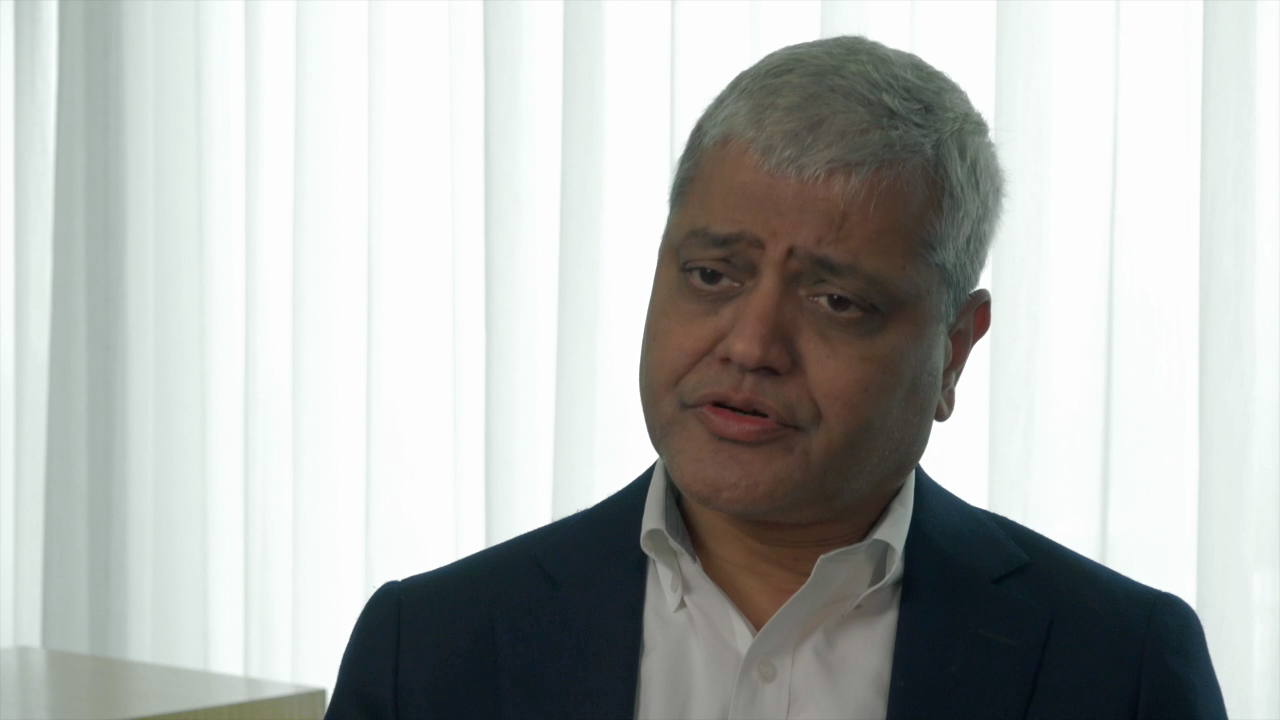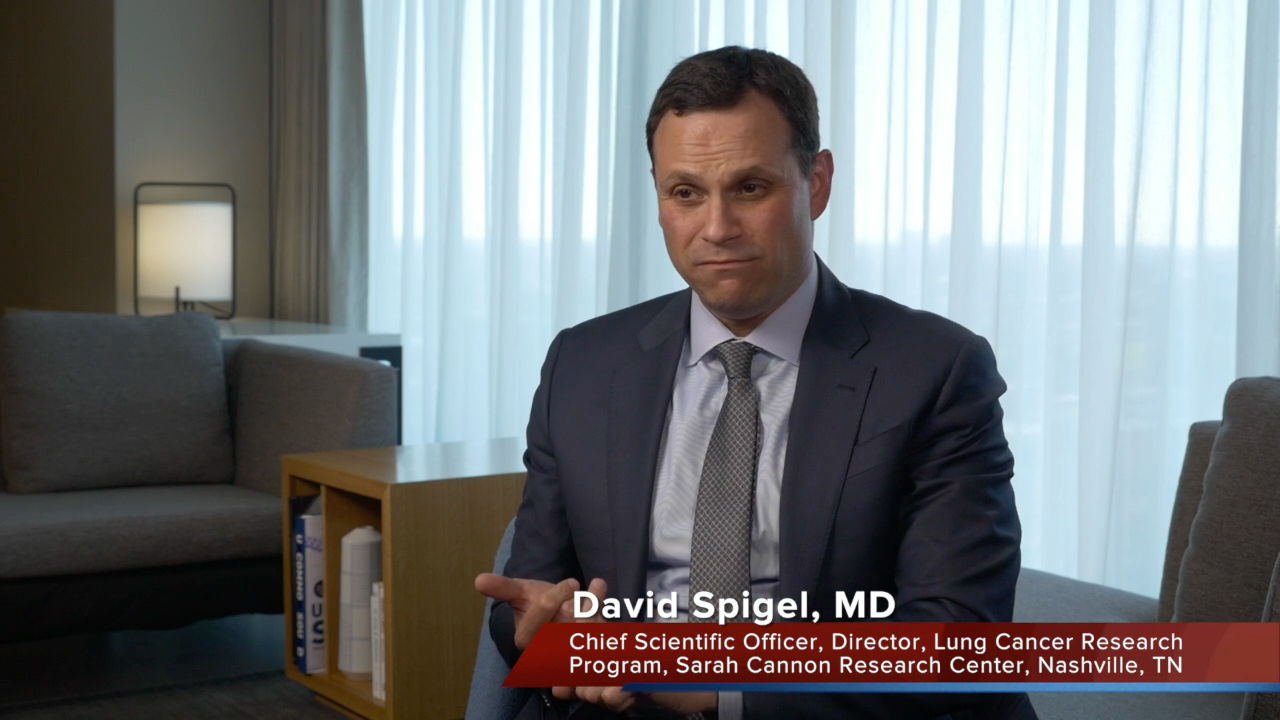Oncogenic gene fusions are hybrid genes caused by DNA rearrangements, leading to the generation of protein products that can perturb key components of cellular activity, thus resulting in deregulated growth, proliferation, and differentiation.1 The neuregulin-1 gene (NRG1) engages in a variety of signaling pathways related to tumor development and progression through the ErbB receptor family.2 NRG1 gene fusions result in abnormal upregulation of ErbB2/ErbB3-mediated signaling.2 NRG1-positive tumor types are rare, with a reported incidence of 0.2% to 0.5% across a wide range of solid tumors.2-4 A notable exception is the predominance of NRG1 fusions in primary pulmonary invasive mucinous adenocarcinomas (IMAs), with a reported incidence of approximately 10% to 30%.1,2
Although NRG1 fusions are relatively uncommon in most tumor types, they are identifiable.1 Multiple molecular assays are currently available for NRG1 fusions detection in tumor samples.2 Next-generation sequencing (NGS) is favored due to the complexity and heterogeneity of NRG1 fusions.2 In contrast to DNA-based NGS, RNA-based NGS is more sensitive and may be more dependable for identifying NRG1 fusions.1,2
Several ErbB-targeted therapies, approved and in development, are being investigated in clinical studies. Afatinib, a highly selective tyrosine kinase inhibitor, downregulates ErbB signaling by binding to the kinase domains of ErbB1 (EGFR), ErbB2 (HER2), and ErbB4 (HER4) and irreversibly inhibiting tyrosine kinase autophosphorylation.1,2 Patient case reports have shown that afatinib produced responses in NRG1-fusion–positive tumors in patients with IMA, pancreatic ductal adenocarcinoma, non-IMA lung adenocarcinoma, ovarian cancer, and cholangiocarcinoma.1 An ongoing phase 2 clinical trial was designed to evaluate the efficacy of afatinib in patients harboring NRG1 fusions across all advanced-stage tumor types following progression on standard therapy.5
GSK2849330 is a novel humanized monoclonal antibody that has been glycol-engineered and further modified to enhance cytotoxicity. It binds with high affinity and specificity to ErbB3 (HER3) and prevents NRG1 binding to HER3, thereby inhibiting receptor dimerization and downstream signaling.6 In a phase 1 trial, GSK2849330 monotherapy was well-tolerated, and a durable response was noted in a patient with non–small-cell lung cancer expressing the product of the CD74-NRG1 fusion, the most commonly reported NRG1 fusion.1,6
Seribantumab is a fully human anti-HER3 immunoglobulin G2 monoclonal antibody that is able to mediate inhibition of HER3-induced activation of other ErbB family members (EGFR, HER2, and HER4) in cells harboring NRG1 fusions.4 Seribantumab inhibited tumor development and caused apoptosis in patient-derived xenograft models of multiple cancers with NRG1 fusion.3,4 These findings supported further investigations and the initiation of ongoing phase 2 clinical trials evaluating seribantumab in patients with recurrent, locally advanced, or metastatic solid tumors harboring NRG1 gene fusions.2,4
Zenocutuzumab, a HER2/HER3-bispecific antibody, interacts with HER2 and blocks the interaction of NRG1 with HER3.2,7 Preliminary results of the phase 1/2 global clinical trial eNRGy in advanced solid tumors harboring NRG1 rearrangements suggested a favorable tolerability profile and durable responses in patients with NRG1-fusion-positive tumors.7,8
In summary, fusions of NRG1 with assorted gene/gene fragment partners are one of numerous genomic aberrations that are now crossing the horizon of our understanding of how they manifest clinically in patients with cancer, and thus, have a significant potential to become a target for novel rationally designed therapeutics. Albeit relatively rare, NRG1 fusions have been identified in more than a dozen unique tumor types and are found in a high proportion of pulmonary IMAs.2,3 Progressively broader application of molecular diagnostics in patients with advanced malignancies—following the principles of personalized medicine in populations with high unmet medical need—has opened a new possibility of targeted treatment for candidate patients, and this is amply illustrated by NRG1-driven cancers.
References
- Laskin J, Liu SV, Tolba K, et al. NRG1 fusion-driven tumors: biology, detection and thetherapeutic role of afatinib and other ErbB-targeting agents. Ann Oncol. 2020;31(12):1693-1703.
- Zhang C, Mei W, Zeng C. Oncogenic neuregulin 1 gene (NRG1) fusions in cancer: a potential new therapeutic opportunities. Biochim Biophys Acta Rev Cancer. 2022;1877(3):188707.
- Denlinger CS, Keedy VL, Moyo V, et al. Phase 1 dose escalation study of seribantumab (MM‑121), an anti‑HER3 monoclonal antibody, in patients with advanced solid tumors. Invest New Drugs. 2021;39:1604-1612.
- Odintsov I, Lui AJW, Sisso WJ, et al. The anti-HER3 monoclonal antibody seribantumab effectively inhibits growth of patient-derived and isogenic cell line and xenograft models with oncogenic NRG1 fusions. Clin Cancer Res. 2021;27(11):3154-3166.
- ClinicalTrials.gov. Afatinib in Advanced NRG1-Rearranged Malignancies. ClinicalTrials.gov Identifier NCT04410653. Accessed November 5, 2022. https://clinicaltrials.gov/ct2/show/NCT04410653.
- Gan HK, Millward M, Jalving M, et al. A phase I, first-in-human study of GSK2849330, an anti-HER3 monoclonal antibody, in HER3-expressing solid tumors. Oncologist. 2021;26:e1844-e1853.
- Schram AM, Odintsov I, Espinosa-Cotton M, et al. Zenocutuzumab, a HER2xHER3 bispecific antibody, is effective therapy for tumors driven by NRG1 gene rearrangements. Cancer Discov. 2022;12:1233-1247.
- Rosas D, Raez LE, Russo A, Rolfo C. Neuregulin 1 gene (NRG1). A potentially new targetable alteration for the treatment of lung cancer. Cancers. 2021;13:5038.












